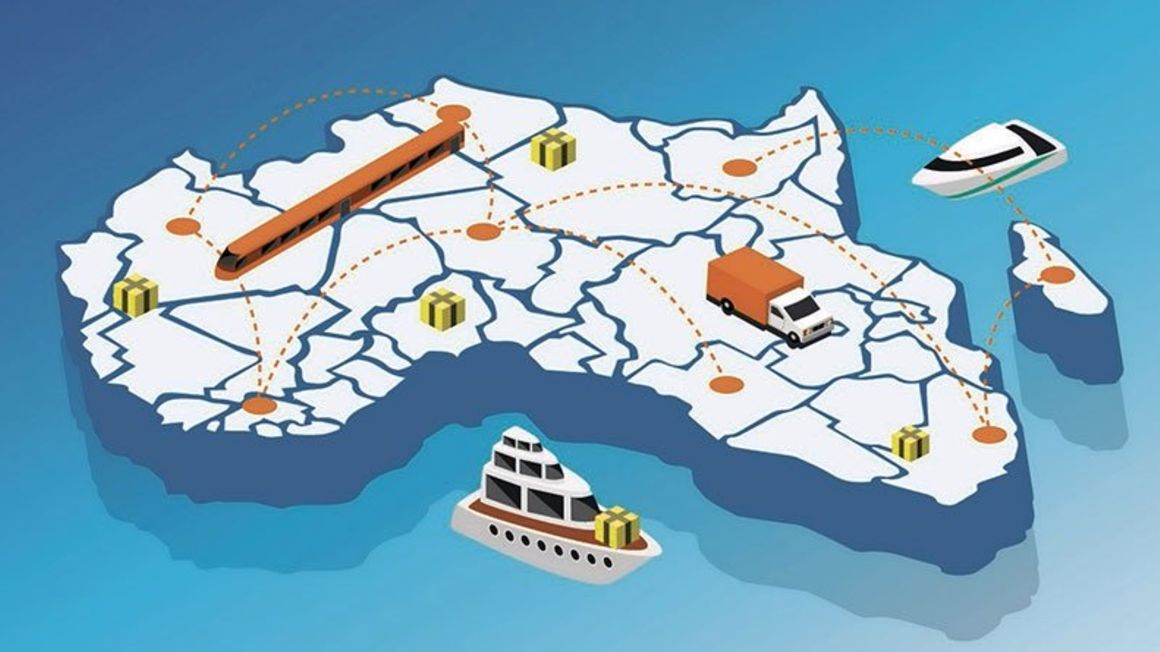
Small and medium enterprises eyeing a slice of intra-Africa trade will now have a platform to ease transactions.
Summary
- Small and medium enterprises eyeing a slice of intra-Africa trade will now have a platform to ease transactions.
- The Africa Continental Free Trade Area (AfCFTA) app will enable the SMEs to sell and buy goods via a cashless and contactless platform under the low duty regime that satisfies the “know-your-customer” requirements at banks and financial institutions.
- AfCFTA trade promotion and programmes director Francis Mangeni said SMEs admitted onto the app will be issued with a mark of identity.
The Africa Continental Free Trade Area (AfCFTA) app will enable the SMEs to sell and buy goods via a cashless and contactless platform under the low duty regime that satisfies the “know-your-customer” requirements at banks and financial institutions.
AfCFTA trade promotion and programmes director Francis Mangeni said SMEs admitted onto the app will be issued with a mark of identity.
“It is true that Africa has seen a number of trade agreements at regional level, but AfCFTA is different because it is being set up to fulfil aspirations of a truly single market that competes for the biggest of global opportunities,” he said.
Creation of the AfCFTA is aimed at opening the 1.2 billion people market whose launched has been deferred from January 1 to a later date owing to challenges on tariff concessions, rules of origin and trade in services.
The Kenya Association of Manufacturers asserts that overlapping membership to regional trade blocs, underdeveloped transport infrastructure (road, rail and air), unfamiliar or different customs and trade procedures and weak value chains also hurt AfCFTAs dreams.
Intra-Africa trade remains low at 15 per cent compared to Europe’s 68 per cent, North America’s 37 per cent and Latin America’s 20 per cent, solely blamed on “national” interests by member States keen on safeguarding their own industries, trade barriers and poor transport and telecommunication connectivity.
Under the AfCFTA, liberalisation of trade is being carried out through regional trading blocs — the East African Community (EAC), Common Market for Eastern and Southern Africa (Comesa), Southern African Development Community (SADC) and the Economic Community of West African States (Ecowas) — which run separate Customs unions.
Africa is banking on technology to turn AfCFTA aspirations into a reality.
Aside from AfCFTA app, other technological advances made by individual players in a bid to promote Africa trade include EcoBank’s Emerald Ecobank Business Club online platform that offers SMEs direct linkages to 33 markets.
Ecobank’s Commercial portfolio across East Africa head Humphrey Muturi said, “as a Pan-African bank, we recognise the pivotal role that emerging businesses play in growing our business in the 33 African countries and would wish to see them grow with us”.
He added: “A secure network could unleash vibrant and profitable value chains via B2B agreements where SMEs understand trade rules and requirements in different markets. Parties will be at liberty to seal such deals via the Ecobank Mobile App which has 4 million downloads so far.”
The German government has partnered with global logistics firm, Deutsche Post DHL Group to moot an e-commerce platform that facilitates cross border trade in Africa.
The Sh3.8 billion digitisation drive will reduce manual customs and trade processes in favour of digital clearance protocol running in tandem with an e-commerce platform thereby helping promote a bulk goods movement regime thereby promoting low-emission logistics in cities.





No comments :
Post a Comment